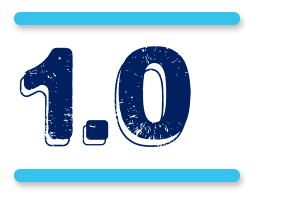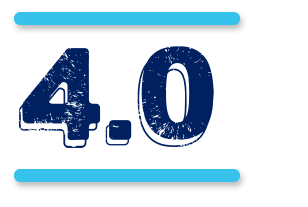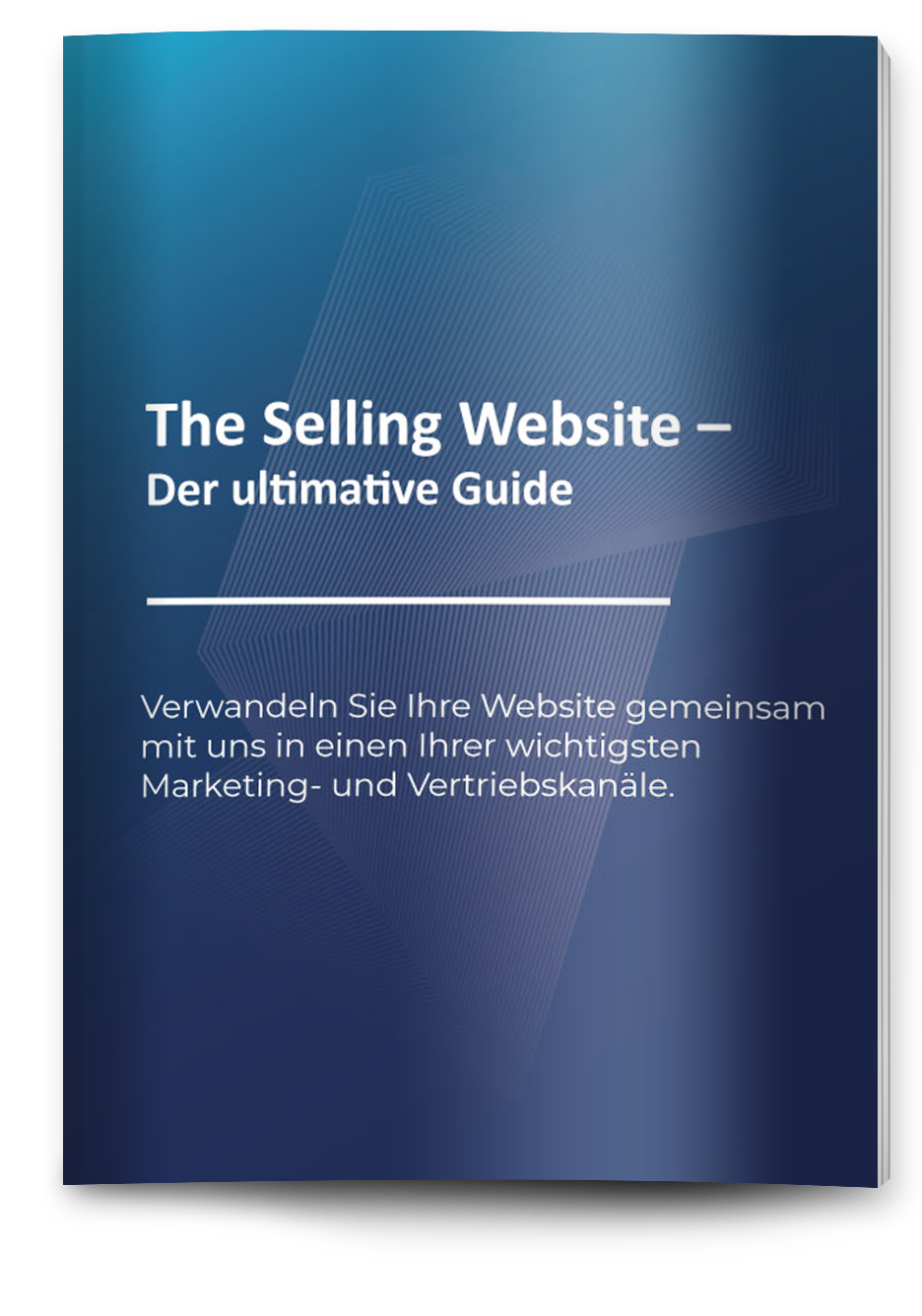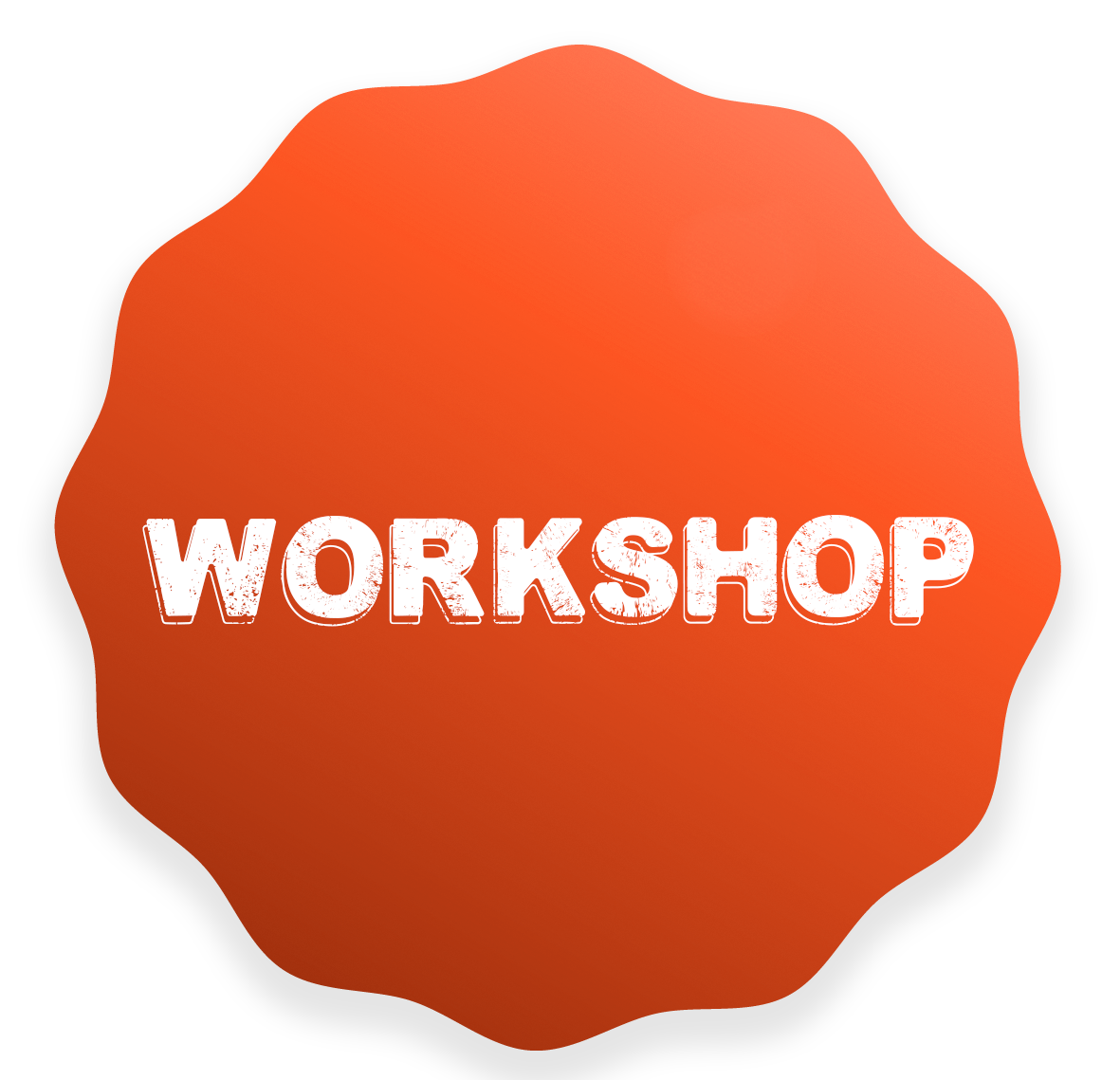
The Selling Website
Transform your website into one of your most important marketing and sales channels.
Download the whitepaperYour ultimate guide to a sales-orientated website
Many companies view their website merely as a digital business card - without having to fulfil clear business objectives. However, these companies are neglecting one of the most powerful marketing and sales channels of all: a website is available around the clock and can support (potential) customers at every stage of the purchasing process. The problem with this is that although there is often enough website traffic, visitors are not led to a purchase. And this is exactly where the Selling Website comes into play.
Find out below how you can turn your website into one of the most important marketing and sales channels in your company. Discover the potential of a selling website together with us and take your online presence to the next level - whether it's a greenfield implementation, the optimisation of your existing website or the migration to a new content management system (CMS).
Definition: What is a selling website?

A selling website is a strategically designed platform that aims to provide information and actively works to turn your website visitors into valuable leads and loyal customers. It accompanies your website visitors through the entire buying process - from the initial contact to the final conclusion.
The Selling Website combines various key elements such as search engine optimisation (SEO), an appealing user experience (UX) and targeted lead generation into a seamless concept.
By integrating modern technologies and marketing strategies, the selling website becomes an active sales channel that works around the clock for your company. Your website is no longer just a static figurehead, but is transformed into a dynamic tool that promotes sales and customer loyalty in equal measure.
Selling Website - The advantages at a glance

Customer acquisition &
existing customer care
Customer acquisition & existing customer care
Your selling website regularly offers customers new incentives to get in touch with you - be it through relevant content, personalised offers or exclusive insights.
A well-designed selling website not only creates the first contact, but also promotes long-term customer relationships by appealing to existing customers again and again and inspiring them to make new purchases or services. In this way, your brand is remembered and customer loyalty is continuously strengthened.

Efficient customer dialogue
Efficient customer dialogue
A selling website integrates seamlessly into your marketing automation. With automated marketing processes that run in the background, you can create a consistent and personalised customer dialogue. This not only links website visits, but also email communication, webinars and even consultation appointments.
This results in a holistic and valuable customer experience that binds your customers to your company in the long term and at the same time utilises your internal resources efficiently.

Increased visibility
in search engines
Increased visibility in search engines
A key feature of the Selling Website is content and SEO optimisation. Through the targeted use of keywords and the creation of high-quality content, it can generate far more organic traffic than a normal website and thus increase the visibility of your company online.
The website is designed to be top-ranked for relevant topics and search terms and content is continuously improved to achieve high search engine rankings.

24/7 active
lead generation
24/7 active lead generation
Your website is designed to maximise conversion. With a well thought-out website architecture and user-friendly navigation, it guides information-seeking customers along the ideal conversion path through their customer journey.
You can provide personalised content and offers that are precisely tailored to the needs and interests of your target group. This increases the likelihood that visitors will take a desired action and leave their contact information

Thought Leadership
Thought Leadership
A selling website plays a key role in making you a thought leader in your industry. It serves as a platform where you can showcase your expertise and industry knowledge.
Through high-quality content such as blog articles, white papers and case studies, you can not only demonstrate your expertise, but also provide valuable insights and solutions to your target audience's challenges. This strategic positioning helps to build trust and establish the company as a thought leader and expert in the industry.

Optimised user experience
Optimised user experience
A selling website improves the user experience by combining user-friendly navigation, personalised content, responsive design, fast loading times and integrated feedback mechanisms.
These factors ensure a smooth, efficient and customised interaction that promotes user satisfaction and loyalty in the long term. The result is a seamless and pleasant user experience that increases the conversion rate and builds long-term customer relationships.
For which companies is a selling website PARTICULARLY useful?
A selling website is particularly useful for companies that want to view their online presence as a strong sales channel. A selling website catapults your company to a new level, especially in the following scenarios:
-
E-commerce companies:
For you as an online retailer, a selling website is indispensable for selling products and services worldwide. It promotes your sales and improves the customer experience. Targeted on- and off-page SEO measures will catapult you to opinion leader status in the search engines and put you at the forefront of the market.
-
Service companies:
As a consulting firm, agency or IT service company, you benefit from a selling website because it can generate leads around the clock, demonstrate your expertise and build long-term customer relationships. -
Software-as-a-Service (SaaS) provider:
A selling website offers you the ideal platform to present complex services in a comprehensible way and clearly communicate the specific benefits of the offer. It can address potential customers in a targeted manner, generate qualified leads and thus significantly increase the conversion rate. -
Companies with a complex sales process:
Your company offers complex products or services that often require in-depth consultation. A selling website supports and automates your sales processes and makes it easier for potential customers to find the information they need. Get in touch with the sales team. -
Start-ups and growth-orientated companies:
For young companies that want to quickly establish themselves in the market, a selling website is an effective method of increasing brand awareness and quickly gaining market share through high visibility in the search engines. -
In highly competitive markets:
This is where it is crucial to differentiate yourself from other companies. A selling website helps to gain a competitive advantage by offering personalised experiences tailored to the customer.
in a free initial consultation!

We are here to help you!
Sabine Jobstmann, Head of Customer Dialogue Development, and her team will be happy to answer any questions you may have about the selling website.
What level of sophistication should your website achieve?
At Thought Leader Systems, we generally differentiate between four levels that you can achieve with your website. It always depends on which goals you have. Each level can be achieved as a greenfield, as an optimisation of your existing website or as a migration to a new system. The Selling Website is level 3.

The Functional Website
The focus here is on setting up a content management system (CMS) that allows users to present themselves and create and manage content relatively easily. The entire website is not necessarily SEO-optimised and does not have to rank specifically in the search engines.

The Ranking Website
This level aims to increase visibility in search engines such as Google. This is achieved through on- and off-page SEO optimisation and backlinks. The first processes for lead nurturing, lead generation and sales handover are also introduced in this phase.

The Selling Website
At the third level, your website is designed to support sophisticated customer acquisition goals. Deep integration with marketing automation is crucial here. This allows you to automate lead generation on every page of the website, significantly increasing the efficiency and effectiveness of marketing activities.

Thought Leadership
In the premier class, your website positions you as a leading expert and opinion leader. This is achieved by creating high-quality, informative content that is not only SEO-optimised, but also offers high added value for the target group. The content also positions you as the market leader in your industry beyond the website, but in close connection with it.

Download: The Selling Website –
The ultimate guide
Find out everything you need to know and receive useful information in our free Selling Website Guide. Download and read the compact collection of knowledge now:
- When a selling website is essential for your business
- which CMS systems are suitable for selling Website in Frage kommen
- how best to implement a selling website
The seven success factors of a selling website
A selling website is a highly effective online platform (digital experience platform) for lead generation and customer retention that allows you to establish your expertise and authority in the industry. Here are the seven building blocks of success you need to consider when creating and optimising such a website:
1. Flexible CMS

A flexible content management system (CMS) forms the backbone of your selling website, as it is crucial for an optimal user experience. It should be able to be administered independently of a web agency so that you can ensure the greatest possible flexibility and independence. It is therefore best to choose a vendor-hosted CMS that is easy to use and administer and has a moderate total cost of ownership. Automatic updates and security features are essential to ensure the integrity of your website. Seamless integration of CMS and marketing automation and a mobile-first approach are also important factors.
2. Customer Journey Mapping

Structuring the website according to the phases of the customer journey (awareness, consideration, decision) is crucial for optimally addressing all website visitors. This includes the planning of conversion paths that lead from the entry page to the respective target conversion (e.g. request for quotation). Targeted navigation and clear conversion paths ensure that your visitors are effectively guided through the sales funnel.
3. SEO optimization

SEO is a key component in increasing the visibility and reach of your website. All texts and webpages should be optimized for relevant Google keywords in order to rank highly for product and service topics. Building Google authority through high-quality backlinks and dynamic ranking signals, e.g. through an online magazine, also contributes to optimisation. Regular monitoring of the SEO performance of each URL and according to topic clusters helps to continuously improve your website.
4. Lead generation

Your selling website must be specifically geared towards lead generation. This includes the use of interactive forms for all phases of the customer journey, such as downloads, registrations and requests for quotations. Seamless integration of marketing automation allows you to capture and nurture leads efficiently. Interactive elements and clear call-to-actions are key to maximising conversion rates.
5. Navigation

Well thought-out navigation is crucial for user-friendliness. The navigation and sitemap should therefore be designed in such a way that all target groups can quickly find the information they need. Avoid intermediate navigation pages that could lead to cancellations and conversion stops. The navigation must be suitable for both desktop and mobile users.
6. Webpage Types

Planning and developing specific webpage types that enable fast Google rankings and high conversion rates is another building block for success. This includes product pages, topic pages, info pages and landing pages that are easy to expand, manage and optimise. Such pages should be regularly tested and optimised to ensure their effectiveness.
7. Performance Monitoring

Regular performance monitoring is essential to evaluate and continuously improve the effectiveness of your website. Use management dashboards and performance reports to monitor key metrics such as technical CMS performance, ranking of each URL and lead generation. Continuous analyses and adjustments help to keep the website up to date and achieve the desired results.
One-day workshop: Create the basics for your selling website

Join us in a one-day on-site workshop to lay the foundations for your sales- and conversion-oriented online presence and receive a clear strategy and practical approaches for optimizing your website:
- We will work together to develop immediately implementable steps that you can apply straight after the workshop and you will receive an initial roadmap for the implementation of your selling website.
- You will receive tips on which content management system (CMS) best suits your individual business requirements.
- You will learn how to improve user guidance, shorten loading times and create a better customer experience.
If you decide to implement the selling website with Thought Leader Systems at the end of the workshop, you will receive a full refund of the workshop costs of €4,000 (plus VAT).
How can your Selling Website start?

„Greenfield“
The development and implementation of your selling website takes place on a completely new and untouched digital ‘field’, without having to take legacy data or previous implementations into account.

Optimisation
The foundations for your selling website already exist. You simply optimise your website where necessary, such as expanding the conversion elements on the relevant pages or optimising the SEO of the texts.

Migration
Your selling website is strategically recreated on a different, more flexible CMS system, as the old CMS has reached its limits and no longer meets the new requirements.
How to choose the right content management system
Choosing the right content management system (CMS) is crucial to the success of your selling website. Different CMS systems offer different features and benefits that must meet the specific needs and objectives of your organisation. There are different approaches and requirements depending on the size and type of business. The right CMS should always fulfil your specific requirements in terms of budget, user-friendliness, scalability and integration options.
Choosing the right CMS also depends on the size of the organisation, as different companies have different requirements and resources. Small companies often need cost-effective, user-friendly systems that can be operated with minimal technical effort. Medium-sized companies may need more flexibility and adaptability to meet their growing needs, while large companies require complex, scalable solutions that allow for deep personalisation and integration with other enterprise systems.
In particular, the choice between agency-led and vendor-hosted CMS systems is an important factor. Both options have their advantages and disadvantages and may be the right choice depending on your organisation's requirements.
Agency-managed CMS
An agency-hosted CMS is hosted and managed by web agencies. They often offer customised solutions and intensive support, but can be more expensive in the long term and dependent on the agency's expertise and continuity.
Here you have to spend up to 60 per cent of the total costs on administration, support and maintenance to avoid crashes and security risks.
Vendor-hosted CMS
As the name suggests, the CMS system is hosted by the vendor. As a rule, this is the more reliable and cost-efficient solution.
Manufacturer-hosted CMS systems include regular updates, continuous security measures and are largely independent of the expertise of a specific agency. Here, a predictable fee covers the smooth provision and constant updates.
How can you plan and measure the success of a selling website?
Planning and measuring the success of a selling website is crucial to ensure that the website achieves its goals and is continuously improved.
Setting up tracking tools:
The first step to measuring the success of a selling website is to set up tracking tools, such as Google Analytics. THE tool provides you with comprehensive insights into website performance and allows you to track visitor numbers, dwell time, bounce rate, conversion rates and much more. Specialised tools such as HubSpot provide detailed information to monitor the entire sales process.

Determining KPIs:
The definition of key performance indicators (KPIs) is crucial in order to objectively measure the success of the website. The most important KPIs include, for example, traffic (number of visitors to the website), conversion rate (percentage of visitors who complete a desired action), dwell time (average time visitors spend on your website), bounce rate (percentage of your visitors who leave the website after visiting a single page) or lead quality (quality of leads generated, measured by criteria such as relevance and likelihood of a sale).

Regular reports and analyses:
These are essential for continuously monitoring the performance of your website and identifying opportunities for improvement. The reports should be created monthly or quarterly and contain detailed information on the defined KPIs. Analysing these reports helps you to recognise trends, identify strengths and weaknesses and make data-based decisions.

A/B tests and optimizations:
A/B testing is a proven method for testing different versions of website elements and determining the most effective variant. A control version (A) is tested against a modified version (B) to determine which performs better. You can apply A/B testing to various aspects of the website, such as headlines, images, call-to-actions (CTAs) and forms. Through continuous testing and optimization, you can improve the user experience and increase conversion rates.
How does Thought Leader Systems help with the realisation of your selling website?

Thought Leader Systems helps organisations turn their website into a powerful platform for lead generation and customer retention. We offer comprehensive support in the planning, implementation and optimisation of your selling website to ensure that it contributes to lead generation and customer retention in a sustainable and effective way.
Together, we analyse your individual needs and business goals in order to develop a customised website that is perfectly tailored to your company. We use state-of-the-art tools and processes and work with leading partners to guarantee you the highest quality and the best ROI.
We deliver:
- Customised consulting and design: We develop a customised concept tailored to your specific requirements and goals.Comprehensive technical support: We assist you with the implementation and connection of your tech stack - whether it's a greenfield implementation, the
- Comprehensive technical support: We assist you with the implementation and connection of your tech stack - whether it's a greenfield implementation, the optimisation or migration of your CMS system or the connection to various accompanying systems.
- Training your employees: We ensure that your employees are optimally trained and can use the CMS effectively.
- Continuous optimisation and performance measurement: We support you in the ongoing optimisation and operation (administration, content, SEO/SEA, campaigning, marketing automation) of your selling website and measure its success.
How do we proceed together?
The planning and implementation of a selling website requires a structured approach and the interplay of a wide variety of factors. Comprehensive expertise is essential here, for which you may need external support from experienced agencies and service providers such as Thought Leader Systems. In order to be successful, a structured approach and sound knowledge are required.
Goal definition and requirements analysis:
Determine what you want to achieve with the website, e.g. lead generation, brand positioning or sales support. A precise analysis of your target group and their needs is also essential.
Choosing the right CMS:
Choose a CMS that meets your specific requirements and offers sufficient flexibility. The various CMS systems should be checked for their suitability for the planned functions and integrations.
Integration of marketing automation:
Automating email campaigns, lead scoring and follow-up processes is essential to manage and nurture leads more effectively. This allows you to tailor marketing activities to the needs of your customers.
Develop a content strategy:
Develop a content strategy that includes the creation and regular updating of content. Content should be tailored to the different stages of the customer journey to effectively guide and convert visitors to your website.
Design and user experience (UX):
Your website should be designed to be appealing and intuitive to ensure a positive user experience. A clear and consistent layout, fast loading times and easy-to-understand navigation are of great importance here.
SEO optimisation:
Comprehensive optimisation increases the visibility of the website in search engines. This includes the on-page optimisation of content and meta tags, the technical optimisation of the website structure and loading times as well as the creation of high-quality backlinks.
Performance monitoring and continuous optimisation:
Monitor the performance of your website regularly, e.g. using Google Analytics, to analyse important key figures such as traffic, conversion rate, dwell time and bounce rate.
Training and support:
In order to operate the website effectively, your employees should be trained accordingly. This includes the use of the CMS, the creation and management of content and the use of marketing automation tools.
Take the next step towards a future-orientated website and rely on a professional and results-oriented partnership with Thought Leader Systems. Contact us to jointly develop a powerful selling website that underpins your business goals and ensures sustainable success. We'll be happy to help.
Create the basis for your sales-boosting website NOW!

Build the foundation for your high-converting and successful online presence in an on-site workshop. Work with our experts for one intensive day to develop a clear strategy and practical approaches for optimizing your website:
- Together, we will develop immediately implementable measures that you can apply straight after the workshop. You will also receive a roadmap for the development of your sales-oriented website.
- We will advise you individually on which content management system (CMS) best suits your business requirements.
- You will learn how to improve user guidance, optimize loading times and enhance the customer experience.
Exclusive: If you decide to work with Thought Leader Systems on the implementation of your new website after the workshop, we will reimburse you the workshop costs of 4,000 euros (plus VAT) in full.